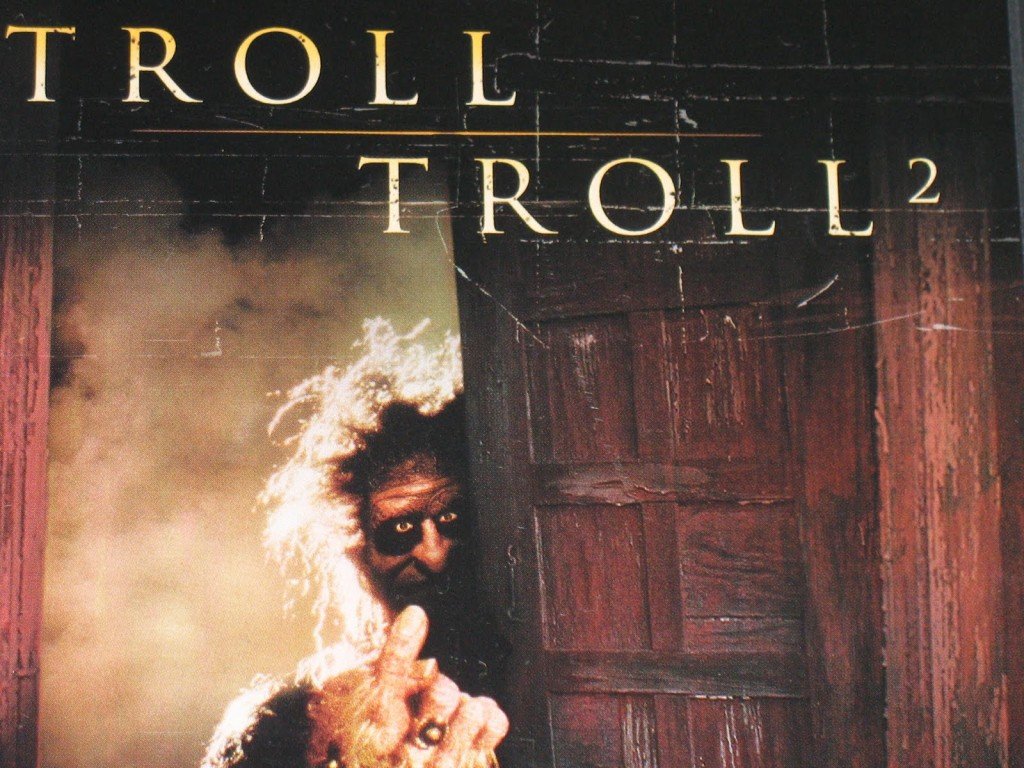For most English speakers, the word troll, out of context, most commonly registers as a noun, perhaps due to the striking imagery it elicits. Cue short, hideous monster-men hiding under a bridge, waiting to capture unknowing passersby. The horror of this imagery is no doubt why the word most strikes us in this manner—as a noun— but the specificity of it contributes too. That is, as a contemporary noun, troll’s imagery does not vary, although historically it has.
For instance, in the early to mid nineteenth century, troll (along with its alternate spelling, trowl) was a sort of drinking song that could be repeated indefinitely. Even earlier (1570-1670), it was used to describe a wheel. The connection between these two meanings is not a difficult for one to discern. Save that they were used in England, the etymological origin of these varieties is unclear, which perhaps contributed to their diminished use and eventual obsolescence.
The surviving meaning, though, has clearer roots. The Oxford English Dictionary describes troll as: “One of a race of supernatural beings formerly conceived as giants, now, in Denmark and Sweden, as dwarfs or imps, supposed to inhabit caves or subterranean dwellings.” Early Scandinavian mythology has survived much like Greek mythology, and today transcends many languages and disciplines. But of course, like with any language, some words simple do not translate. The noun troll, it seems, is one such example.

However, in contemporary context, troll is most commonly used as a verb. This use likely originates from the Old French troller, a hunting term: “to quest, to go in quest of game, without purpose”. Subsequent adapted use in Old English stripped the hunting imagery from the term, so that it could be applied to any sort of directionless rambling or movement.
Although Modern English has retained the traditional use in some cases (e.g. “to troll for fish”), it has also adapted it in an interesting manner that seems to incorporate the noun troll as well. That is, to troll, in Internet speak, or to post deliberately antagonistic messages on chat boards or other forums, without any discernable goal besides disruption. In this use, we have both the lack of direction and purpose, as well as the scary imagery of a troll, for such troll messages (or trolling) are often intentionally offensive and vicious. In the same manner a troll a bridge snatches up victims, or a hunter or fisherman trolls for any and all game, so too are Internet trolls indiscriminate.








